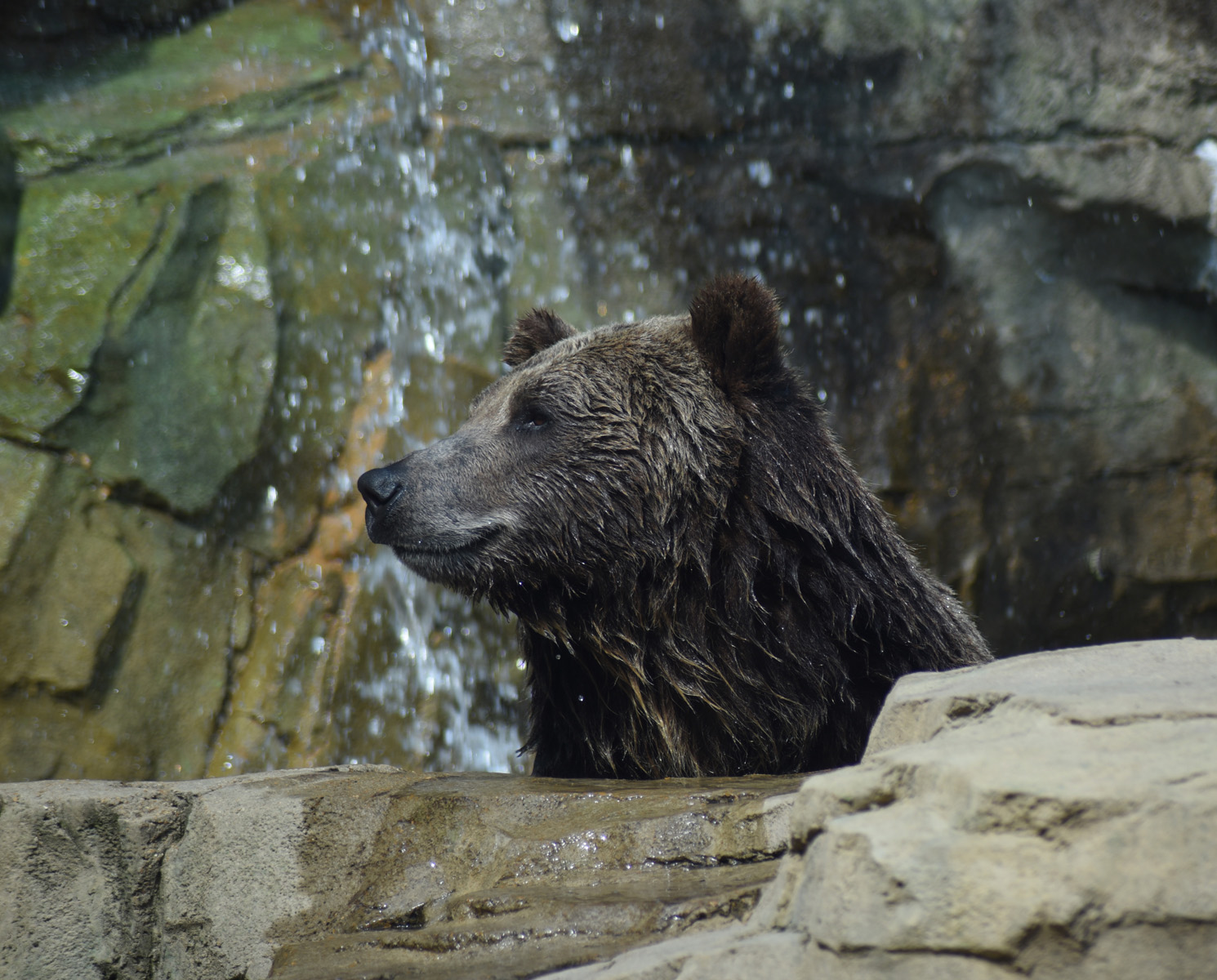yeah I know you did not ask!
You should so be blessed – well cursed at times actually – with a mind such as mine, making all these weird connections between my rumored neurons. Just be thankful that I do not share all of my random thoughts.
There is a deeply profound quote by the comedian Jerry Seinfeld that goes:
“Looking at cleavage is like looking at the sun. You don’t stare at it. It’s too risky. Ya get a sense of it and then you look away.”
I was thinking about this quote the other day as I was wondering what it would be like to actually understand women. Would it be like looking into the sun without protective eye gear? Would it be like looking into the eye of Mordor? Would you turn to stone as you would if you were to look a Medusa? Would it be your doom, like listening to the Siren’s song? Would it be like passing the light at the end of the tunnel, never to return? Would the number 42 start flashing at you from the cosmos?
Asking for a friend.

 One of the big issues waging in the never ending culture wars is “bathroom” laws. This has been brought on by attempting to deal with transgender folks on a level that meets their needs. Transgender people would like use public restrooms that match what they perceive as their gender identity. Many states have passed laws attempting to force transgender people to use public restrooms that match the gender on their birth certificates.
One of the big issues waging in the never ending culture wars is “bathroom” laws. This has been brought on by attempting to deal with transgender folks on a level that meets their needs. Transgender people would like use public restrooms that match what they perceive as their gender identity. Many states have passed laws attempting to force transgender people to use public restrooms that match the gender on their birth certificates.
